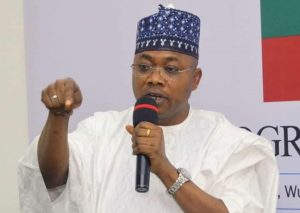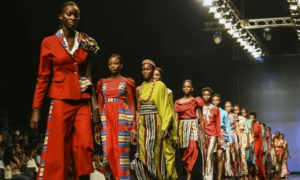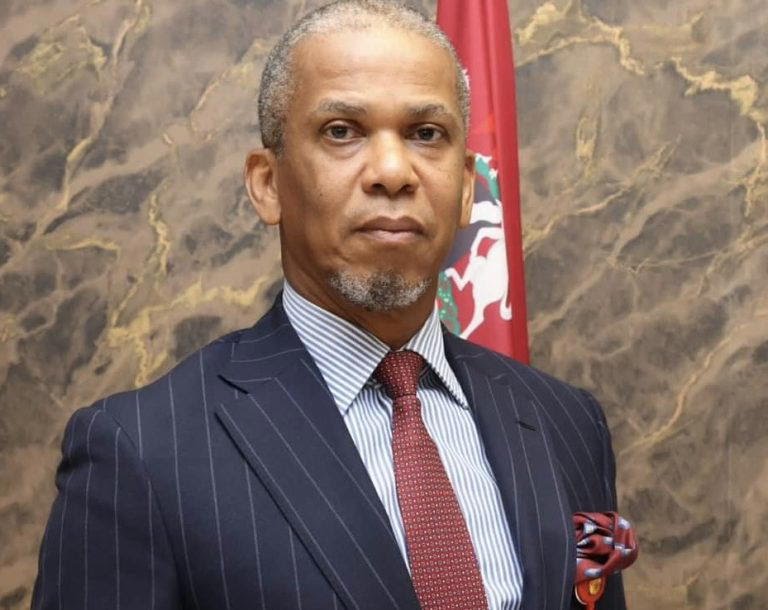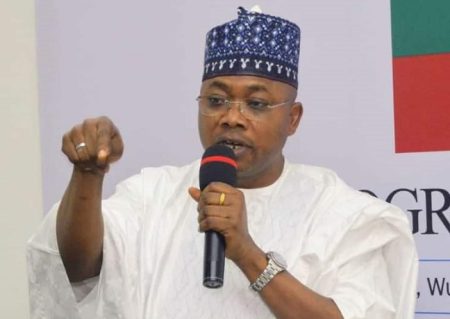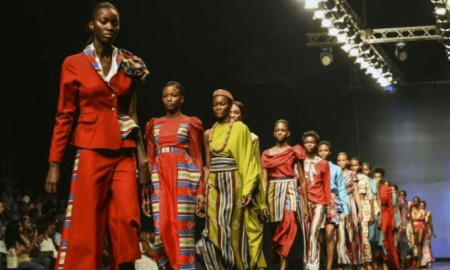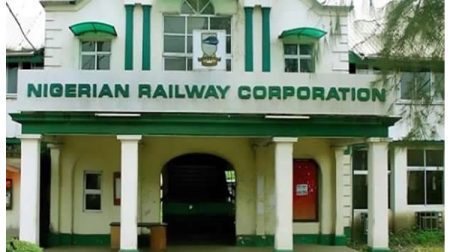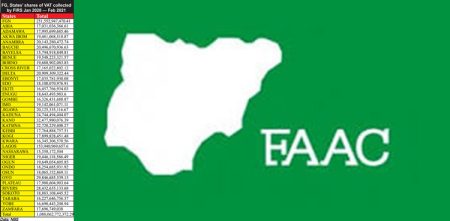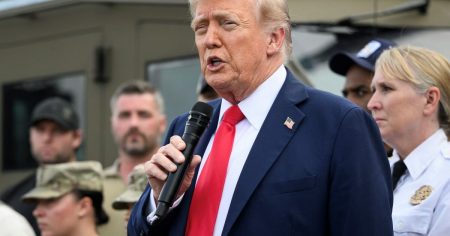Senator Ede Dafinone, representing Delta Central, has forcefully denounced the pervasive “Pull-Him-Down Syndrome” plaguing the Urhobo people. This detrimental practice, he argues, targets successful Urhobo individuals in politics and business, undermining the collective strength and potential of the ethnic group. He passionately appealed for unity among Urhobo people, emphasizing its crucial role in achieving socio-economic development and securing a stronger position within Nigeria. Dafinone believes that a united front will amplify the Urhobo voice on national issues and ensure equitable access to resources. He stressed the collective responsibility of Urhobo leaders to prioritize the common good and refrain from actions that weaken their collective bargaining power.
Dafinone’s address, delivered at the inaugural Urhobo Leadership Series organized by the Urhobo Consultative Forum, resonated with a diverse virtual audience of over 160 Urhobo leaders, professionals, youths, and women from across the globe. The forum, themed “Redefining Public Service and Accountability: Reflections on Senator Ede Dafinone’s Representation,” provided a platform to discuss critical issues facing the Urhobo nation and explore strategies for collective advancement. Dafinone’s condemnation of the “Pull-Him-Down Syndrome” served as a stark reminder of the internal challenges hindering the Urhobo people’s progress and a call to action for leaders to prioritize unity and collective strength.
The Senator expressed deep concern over the declining influence of the Urhobo nation in national discourse, lamenting the loss of a unified voice that once commanded respect and attention. He emphasized the urgent need for a revitalized, cohesive leadership to restore the Urhobo people’s prominence on the national stage. This revitalization, he believes, necessitates not just unity but also a strategic approach to engaging in national conversations, ensuring that the Urhobo perspective is heard and their interests are represented effectively in national policy decisions. He advocated for a collective effort to redefine Urhobo leadership, urging leaders to embrace a vision that transcends individual ambitions and focuses on the collective well-being of the Urhobo nation.
The creation of a new Urhobo state, specifically the proposed Ethiope State, emerged as a key topic during Dafinone’s address. While acknowledging the ongoing discussions and his own engagements with proponents of the new state, Dafinone expressed concerns about the limited involvement of key Urhobo leadership structures. He underscored the crucial role of comprehensive consultations and engagement with all stakeholders to ensure that the decision regarding state creation reflects the collective will and aspirations of the Urhobo people. This inclusive approach, he argues, is essential for navigating the complexities of state creation and for achieving a consensus that fosters unity and stability.
Dafinone’s participation in a constitutional amendment public hearing in Bayelsa, where he voiced support for Hon. Ben Etanebena’s efforts to include Ethiope State in the Nigerian federal structure, highlighted his proactive stance on the issue. He expressed regret over the past lack of unified support for Urhobo statehood advocates, emphasizing the need for a collaborative approach moving forward. He urged Urhobo leaders to carefully evaluate the merits and implications of creating Ethiope State versus maintaining the existing structures within Delta State. This evaluation, he stressed, should be guided by a thorough assessment of the potential benefits and drawbacks of each option, ensuring that the decision made aligns with the long-term interests of the Urhobo people.
Dafinone’s address served as a clarion call for stronger, more unified leadership within the Urhobo community, kingdoms, and the nation as a whole. He lamented the absence of a central rallying figure, a role historically played by the Urhobo Progress Union (UPU), and stressed the need for a clear point of reference in Urhobo leadership. This leadership vacuum, he believes, contributes to the disunity and weakens the collective bargaining power of the Urhobo people. He emphasized the need for a revitalized UPU or a similarly influential body to provide direction and foster cohesion within the Urhobo nation. This, he argues, is essential for effectively addressing the socio-political and economic challenges confronting the Urhobo people and for securing their rightful place within the Nigerian polity. The Urhobo Leadership Series, as highlighted by Abraham Ogbodo, Chairman of the Board of Trustees of the Urhobo Consultative Forum, aims to foster this much-needed dialogue and facilitate progress towards a more unified and prosperous future for the Urhobo nation.


